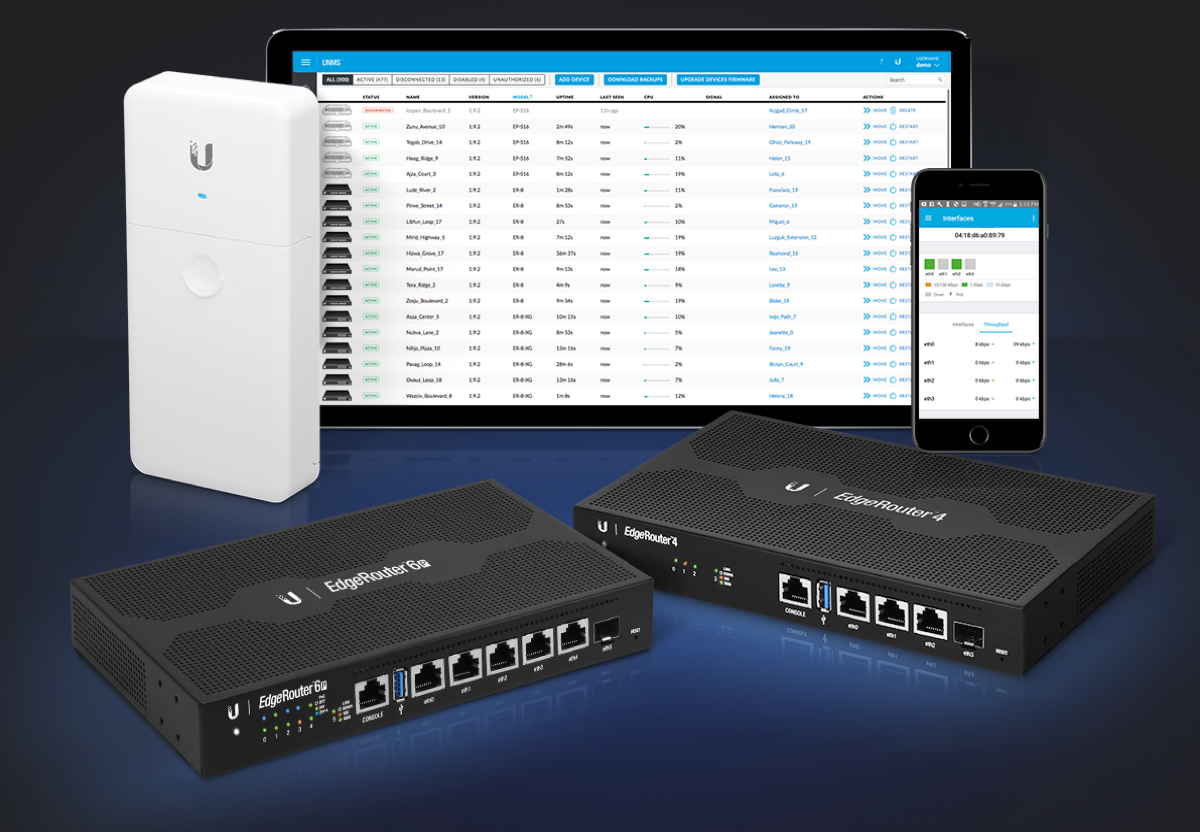7 Essential Cybersecurity Measures Every Business Should Implement
In an increasingly digital world, the importance of cybersecurity cannot be overstated. Businesses of all sizes must proactively protect their sensitive data and prevent cyber threats. With the growing sophistication of cybercriminals, organizations must implement comprehensive cybersecurity measures.
This article will explore seven essential cybersecurity measures that every business should implement to safeguard their data and ensure a secure digital environment.
Develop a Strong Cybersecurity Culture
A strong security culture starts with educating employees about cybersecurity best practices. Conduct regular training sessions to raise awareness about phishing attacks, password security, and safe browsing habits. Encourage employees to report suspicious activities and create a culture where they can responsibly share cybersecurity.

Implement Robust Access Control
Ensure that you strictly control access to the system and sensitive data. Implement multi-factor authentication (MFA) for all user accounts to add an extra layer of security. Regularly review and revoke access rights for employees who no longer require them. Limit privileges to only those necessary for each employee’s role to minimize the potential impact of a security breach.
Regularly Update Software and Systems
Outdated software and systems are vulnerable to exploits that cybercriminals can easily leverage. Regularly update all software, operating systems, and firmware to the latest versions.
Enable automatic updates whenever possible to ensure timely patching of vulnerabilities. Implement a centralized patch management system to streamline the process and minimize the risk of unpatched systems.
Implement a Robust Firewall
Firewalls will be the barrier between your internal network and external threats. Deploy a robust firewall solution at the perimeter of your network to monitor and control incoming and outgoing network traffic.
Configure firewall rules to allow only necessary services and block unauthorized access attempts. Regularly review and update firewall configurations to adapt to changing threat landscapes.
Conduct Regular Data Backups
Data loss can have catastrophic consequences for businesses. Implement a regular backup strategy to ensure you securely back up critical data and that it is easily recoverable in case of a breach or system failure.
Encrypt backup data and store it in multiple offsite locations for added protection. Test the restoration process periodically to verify data integrity.

Employ Advanced Threat Detection
Traditional antivirus software alone can no longer protect against sophisticated cyber threats. Deploy advanced threat detection solutions that utilize machine learning and artificial intelligence to detect and mitigate emerging threats. These solutions can identify patterns, anomalies, and behaviors indicative of a potential attack, allowing for swift response and mitigation.
Establish an Incident Response Plan
Despite the best preventive measures, security incidents can still occur. A well-defined incident response plan is crucial to minimize damage and restore normal operations quickly. The plan should include:
- Clear procedures for reporting incidents.
- Isolating affected systems.
- Conducting forensic analysis.
- Communicating with relevant stakeholders.
Update the incident response plan and regularly test it to ensure its effectiveness.
Cybersecurity is an ongoing battle that requires continuous efforts and vigilance. By implementing these seven essential cybersecurity measures, businesses can significantly reduce risk exposure and protect sensitive data.
Remember, cybersecurity is not a one-time investment but an ongoing commitment to adapt to evolving threats and maintain a secure digital environment. Prioritize cybersecurity measures to safeguard your organization’s assets and maintain the trust of your customers and partners.































